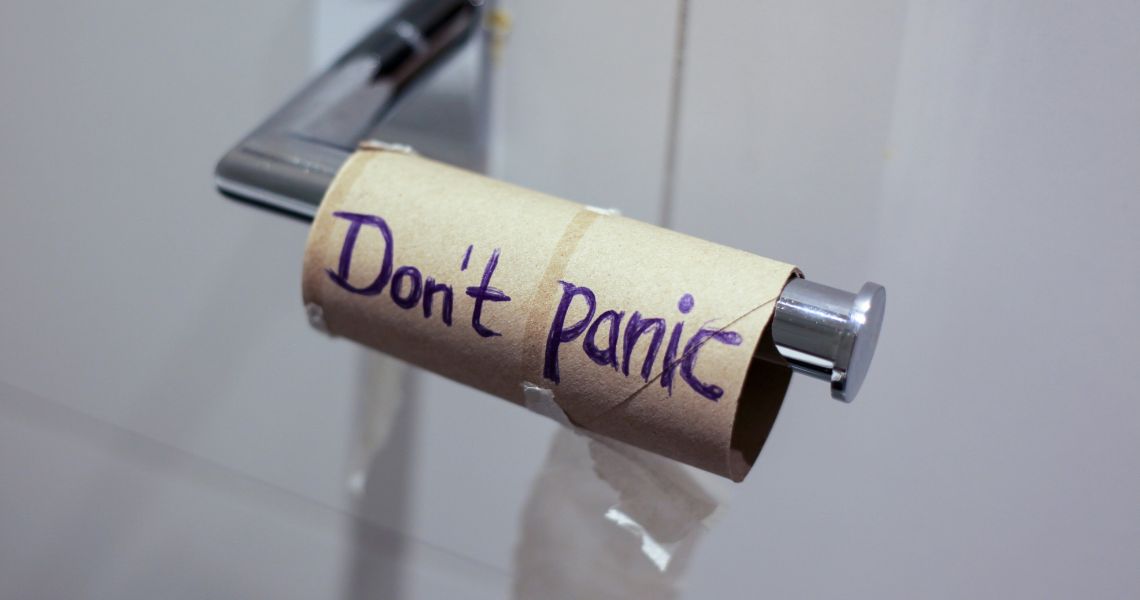Sometimes, change can be exciting, and other times, it can be overwhelming. During transitions, having a solid routine can provide stability and a sense of control.
But how do you craft a new routine when everything around you is shifting?
Whether you’re starting a new job, moving to a different city, or adjusting to life after a significant event, here are some tips to help you navigate these changes. Implementing principles like the Huberman protocol can also be extremely beneficial.
Let’s explore different aspects of creating routines during transitions.
The Science Behind Routines: Why They Matter So Much
Routines are more than just a series of actions performed regularly. They have profound effects on our mental and physical well-being.

Psychological Benefits of Consistency
Consistency provides a sense of security and predictability, reducing anxiety and stress. An established routine can boost your productivity by automating decision-making processes.
Imagine starting each day knowing precisely what tasks lie ahead instead of scrambling at the last minute. This feeling of preparedness can significantly reduce mental fatigue and improve focus.
Over time, these small productivity gains add up, making it easier to navigate through larger challenges.
Physical Health Benefits
Regular schedules give your body cues about when to rest, eat, or exercise.
A stable sleep schedule, for example, can improve both the quality and duration of your sleep. Similarly, eating at consistent times helps regulate metabolism and energy levels.
Exercise routines can also become highly effective when incorporated regularly, leading to improved overall fitness and well-being.
Steps to Crafting an Effective Routine During Transition

Navigating life’s transitions can feel like walking a tightrope, but with the right steps, you can create a routine that acts as your balancing pole.
1. Start Small and Embrace the Concept of Mini-habits
Mini-habits are tiny actions that take little effort but yield high rewards over time. Think of it as the snowball effect; small beginnings can lead to substantial outcomes.
For instance, instead of committing to one hour of exercise daily, start with ten minutes. As this becomes second nature, gradually increase the duration.

Small steps don’t overwhelm the brain’s capacity for change. They build a foundation for longer-lasting habits because they are easy wins that boost motivation.
Furthermore, mini-habits are adaptable and versatile. You can tailor them to fit any transition phase you’re going through.
2. Focus on What Matters Most
When you’re going through changes, it’s easy to feel overwhelmed by multiple demands. It’s crucial to focus on tasks and activities that are truly important to you.
A tool like Eisenhower’s Urgent/Important Matrix can help you sort tasks into four categories: urgent and important, not urgent but important, urgent but not important, and neither urgent nor important.

By prioritizing what’s truly important, you can maintain balance and reduce stress, making sure that essential parts of your life get the attention they need.
In challenging times, prioritization provides the clarity and structure you need.
3. Stay Flexible
Your routine should not be so rigid that it can’t adapt to new situations.
Include buffer zones or ‘flexible blocks’ in your schedule to allow for unexpected changes or delays.
Being flexible doesn’t mean you ignore your commitments; it just recognizes that life can be unpredictable.
For example, if you plan to exercise every morning but wake up late one day, don’t give up. Adjust your routine and exercise later in the day.
Using Tools and Techniques for Building Routines

Creating and sticking to routines during transition is easier when you use the right tools.
- Productivity Apps: Apps like Todoist, Notion, Routinery, and Trello can help you manage your tasks and habits. They allow you to set up daily schedules with reminders, helping you stay on track even when life gets hectic.
- Journaling: Journals turn your ideas into clear plans and let you reflect on what works and what doesn’t. This way, you can keep improving your routine.
Community Support: Accountability Partners
Sharing your goals with friends or family makes it easier to stick to your routines.
Accountability partners offer support when things are tough and share in your successes. This mutual support helps you stay focused and grow together, making it easier to handle life’s changes.
Incorporating the Huberman Protocol
Stanford neurobiologist Andrew Huberman created a set of guidelines to help improve focus and productivity. This protocol aligns your daily activities with your body’s internal clock, also known as circadian rhythm.
One simple yet effective practice is getting sunlight exposure in the morning. This helps regulate dopamine levels, boosting your alertness for the day ahead.

Another part of Huberman’s approach is non-sleep deep rest (NSDR) sessions. These short breaks don’t involve sleep but help you relax and clear your mind.
NSDR can be particularly useful during life transitions, helping you create healthy and adaptable routines.
Final Takeaway: Protecting Mental Health During Transitions
Taking care of your mental health during life changes begins with acknowledging your feelings.
Instead of ignoring emotions like anxiety and stress, recognize them to understand their causes and build emotional strength. This helps you adapt more smoothly and prevents issues like denial and disconnection.

If you feel overwhelmed, it’s important to seek professional help. Therapists and counsellors can guide you through these changes, offering coping strategies and a routine that promotes both mental and physical well-being.
Professional support can make transitions easier to handle, leading to a balanced and healthier life.
Some images supplied. Some images courtesy of unsplash.com and pexels.com













